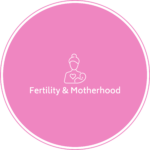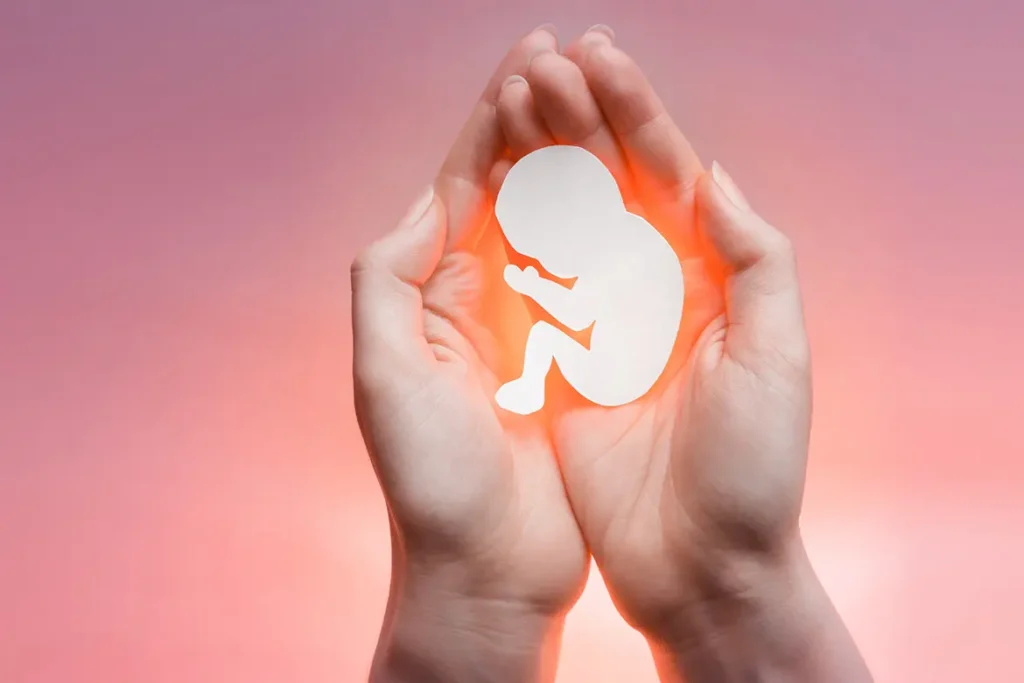Understanding the Causes of Miscarriage
Chromosomal Abnormalities

The most common cause of miscarriage is chromosomal abnormalities in the fetus. These abnormalities typically occur randomly and are not influenced by lifestyle or external factors [1]. Chromosomes are responsible for carrying the genetic information that determines the development and growth of a baby. When there are errors in the chromosomes, it can result in the loss of pregnancy. It is important to note that these abnormalities are not within anyone’s control and do not reflect on the love or care given to the pregnancy.
Hormonal Imbalances
Imbalances in hormones, such as progesterone and estrogen, can affect the development and maintenance of a healthy pregnancy, potentially leading to miscarriage [2]. Hormones play a vital role in supporting the growth of the embryo and maintaining a nurturing environment in the uterus. Disruptions in hormonal levels can interfere with the proper development of the pregnancy.
Uterine Abnormalities

Structural issues or abnormalities in the uterus can increase the risk of miscarriage [3]. Conditions such as fibroids, polyps, or an abnormally shaped uterus may impact implantation, the growth of the fetus, or the ability of the uterus to provide a stable environment for pregnancy. These conditions can contribute to an increased risk of miscarriage.
Maternal Health Conditions

Certain maternal health conditions can contribute to an increased risk of miscarriage. Conditions such as uncontrolled diabetes, thyroid disorders, autoimmune diseases, or blood clotting disorders may affect the development of the pregnancy and increase the likelihood of miscarriage [4]. It is important for individuals with pre-existing health conditions to work closely with healthcare professionals to manage their condition and minimize the risk of miscarriage.
Lifestyle Factors

While many miscarriages occur due to biological factors beyond anyone’s control, certain lifestyle factors can increase the risk. Unhealthy habits such as smoking, excessive alcohol consumption, illicit drug use, and exposure to environmental toxins or radiation have been associated with an increased risk of miscarriage [5]. It is important to prioritize a healthy lifestyle before and during pregnancy to minimize potential risks.
Conclusion
Understanding the causes of miscarriage can provide individuals and couples with valuable insights, but it is essential to approach this information with empathy and compassion. It is important to remember that miscarriages are typically not caused by anything the individual or couple did or did not do. If you or someone you know is experiencing a miscarriage, providing emotional support and connecting with healthcare professionals specializing in reproductive loss can offer invaluable guidance during this challenging time.
References:
[1] Larsen, E. C., et al. (2013). New insights into mechanisms behind miscarriage. BMC Medicine, 11(1), 154.
[2] Rai, R., et al. (2006). The role of progesterone in recurrent miscarriage. Journal of the Royal Society of Medicine, 99(12), 593-596.
[3] Practice Committee of the American Society for Reproductive Medicine. (2012). Evaluation and treatment of recurrent pregnancy loss: A committee opinion. Fertility and Sterility, 98(5), 1103-1111.
[4] Carp, H. J. A., et al. (2010). Maternal thrombophilias are not associated with early pregnancy loss. Thrombosis Research, 125(3), 288-291.
[5] Practice Committee of the American Society for Reproductive Medicine. (2012). Smoking and infertility: A committee opinion. Fertility and Sterility, 98(6), 1400-1406.



